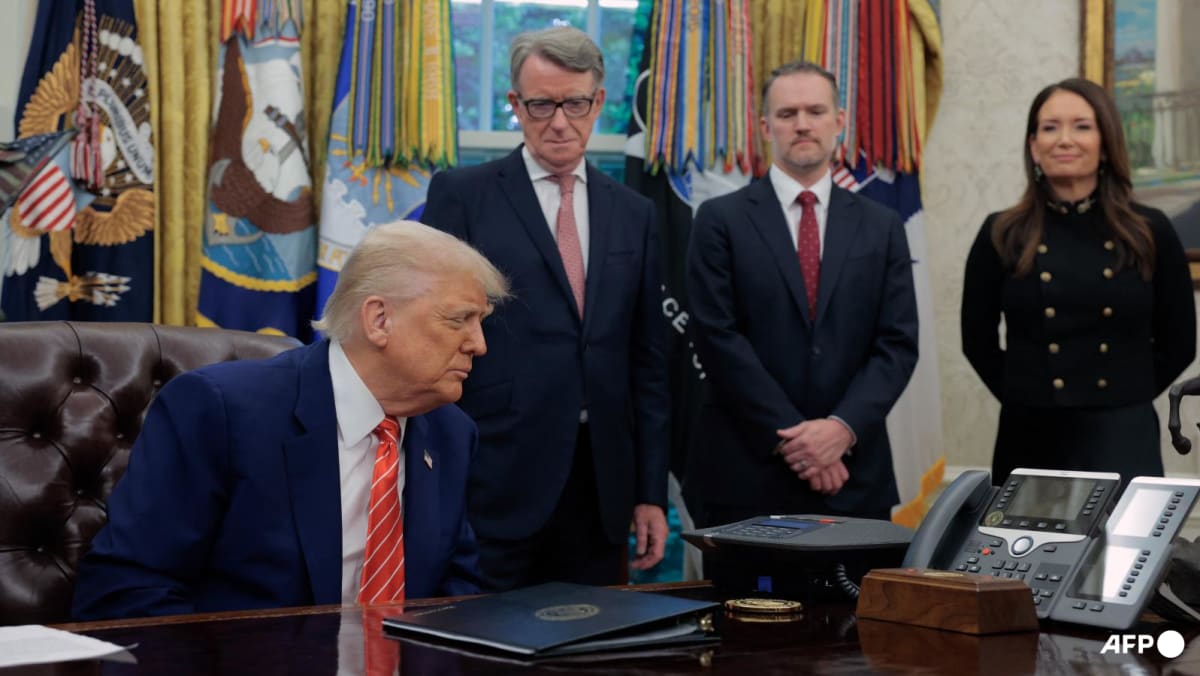The US has been under pressure from investors to strike deals to de-escalate its tariff war after Trump’s often chaotic policymaking upended global trade with friends and foe alike, threatening to stoke inflation and start a recession.
Top US officials have engaged in a flurry of meetings with trading partners since the president on Apr 2 imposed a 10 per cent tariff on most countries, along with higher rates for many trading partners that were then suspended for 90 days.
The US has also imposed 25 per cent tariffs on autos, steel and aluminium, 25 per cent tariffs on Canada and Mexico, and 145 per cent tariffs on China. US and Chinese officials are due to hold talks in Switzerland on Saturday.
WARM RELATIONSHIP
With the British economy struggling to grow, the tariffs had added to the pressure on his government.
Jaguar Land Rover paused its shipments to the US for a month and the government was forced to seize control of British Steel to keep it operating.
While seeking a deal with the US, Britain had refused to lower its food standards, which are closely aligned with the European Union. However, Britain’s farming trade union has said that some US producers who do not use growth hormones or antimicrobial washes could be given greater market access.
The status of the 10 per cent “baseline” tariff was unclear, as was a threatened tariff on the pharmaceutical industry which could damage AstraZeneca and GSK.
Initial news of an announcement sent shares in luxury carmaker Aston Martin up 10 per cent, while British retailers with operations in the US including JD Sports and Primark owner AB Foods also rose.
